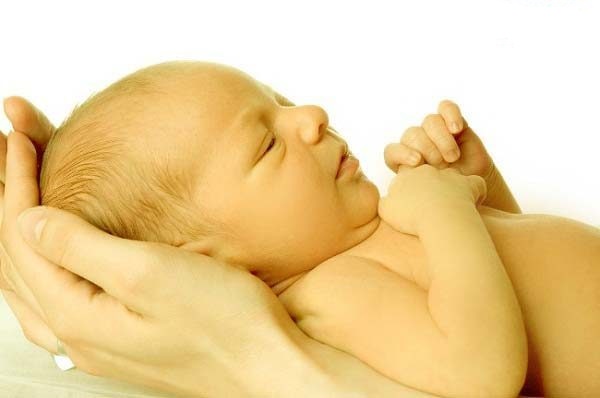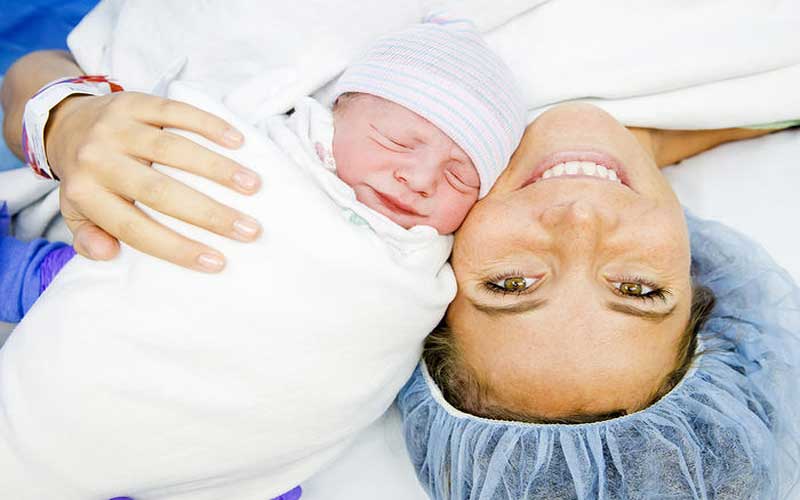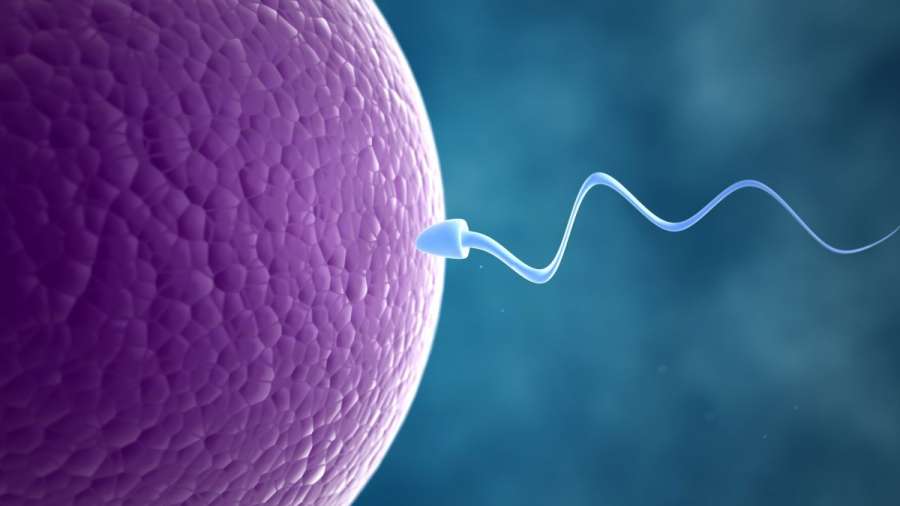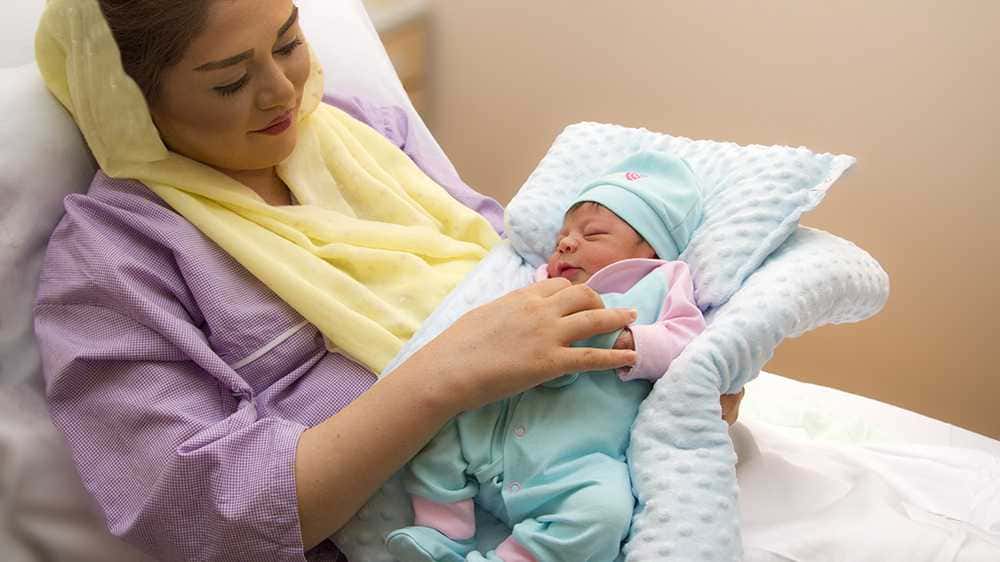Brain Tumor
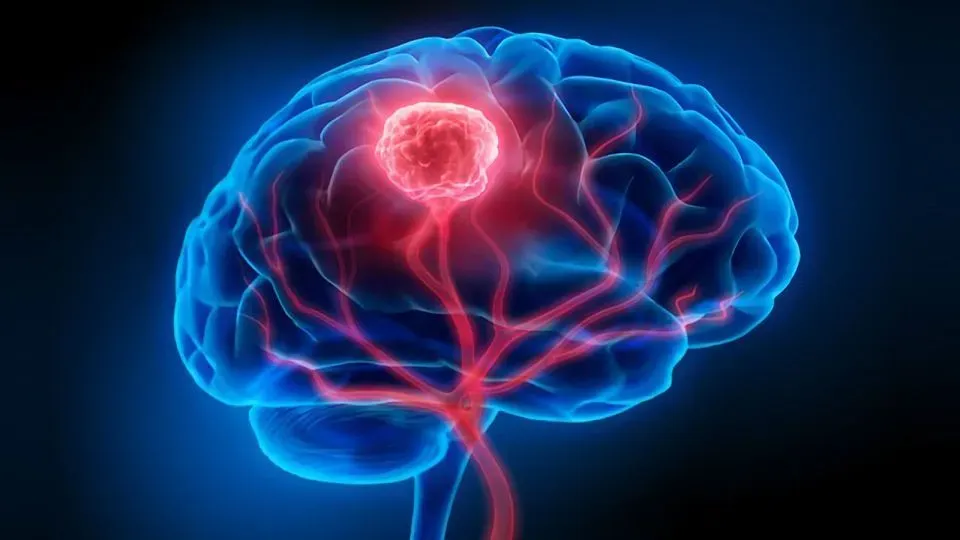
The growth of an abnormal mass in the brain that has occupied a space inside the skull. Brain tumors are divided into two types: primary and secondary. Primary tumors originate from the internal structure of the brain. The primary originates from the elements and tissues inside the brain including cells and tissues and brain membranes.
The cause of brain tumors is unknown, but studies and reviews show the following risk factors for brain tumors
- Ionizing radiation Exposure to ionizing radiation
- Gene mutations and family history
symptoms
Brain tumor symptoms depend on the size of the tumor, type and location of the tumor. Common symptoms of brain tumors are:
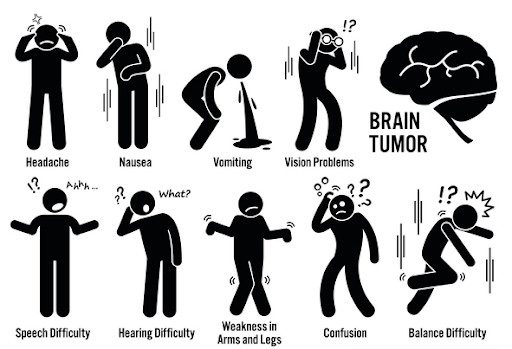 Changes in mood or ability to concentrate
Changes in mood or ability to concentrate- Problems with memory recall
- Headache, nausea and vomiting
- convulsions
- Unilateral or bilateral numbness or immobility in the limbs
- Changes in speech, vision or hearing
- Balance or walking problems
Although any type of brain tumor is inherently serious and life-threatening due to its invasive and spreading nature in the limited space of the skull, but brain tumors (even the severe type) are not always considered fatal and the degree of threat A tumor depends on a combination including the type of tumor, the size of the tumor and how it spreads and develops.
diagnosis
- CT scan with contrast material
- MRI
- EEG
- PET
- treatment
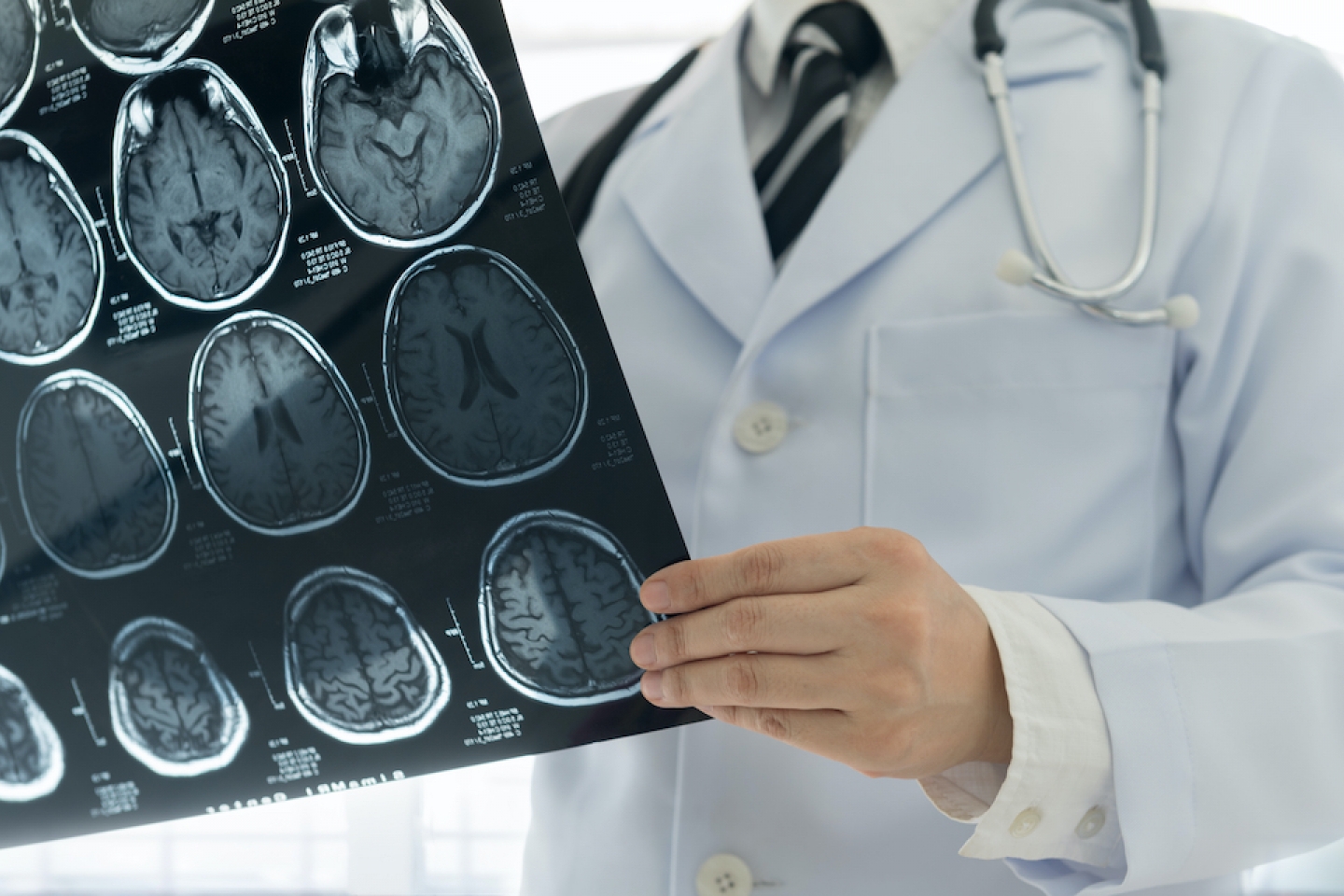
It includes surgery, chemotherapy and radiotherapy. The aim of surgery is to remove or remove the tumor in general or as much as possible without increasing the neurological defects (blindness or paralysis) or to remove the symptoms by removing part of the tumor (reducing or Destroying the created origin.
Patient education
- Medicines prescribed by the attending physician should be taken as directed
- There are no dietary restrictions unless there is a specific problem that requires a special diet.
- To prevent constipation, it is better to use high-fiber foods such as vegetables and fruits
- If there is complete or partial paralysis in the limbs before and after the operation, it should be regularly moved or massaged by the attendants.
- If the patient suffers from sudden attacks of confusion or convulsions while walking, the family should support him
- Express your feelings and concerns and avoid discomfort if possible
- Bath, shower and tub can be used, but it is better to stay dry until the stitches are removed
- Due to the use of sedatives, avoid activities that require more attention, such as driving
- Personal hygiene should be strictly observed so that recovery occurs sooner
- Prescribed drugs, especially anticonvulsant drugs such as phenytoin and phenobarbital, should be taken at the prescribed time
- If the patient is unable to speak, more support should be given and paper and pen can be used to present the material
- You may be sensitive to loud noises after surgery, so the living environment should be kept quiet
- If any of the following symptoms occur, see a doctor immediately
- Headache – Nausea – Vomiting
- Weakness or paralysis and sensory and motor problems of one-sided or two-sided organs
- Lack of sense of sight
- Verbal disabilities
- Patient distress and respiratory problems
- Bowel and bladder problems
sleep disorders - Impaired skin health
- Fluid imbalance
- Change in body temperature
- State of thinness and weakness
- Anorexia
- Body malabsorption and diarrhea
- Change in sense of taste
- Decreased sense of smell
Source :
Bruner and Soudharth 2018-Johnsin L-Hinkle-Carey H



